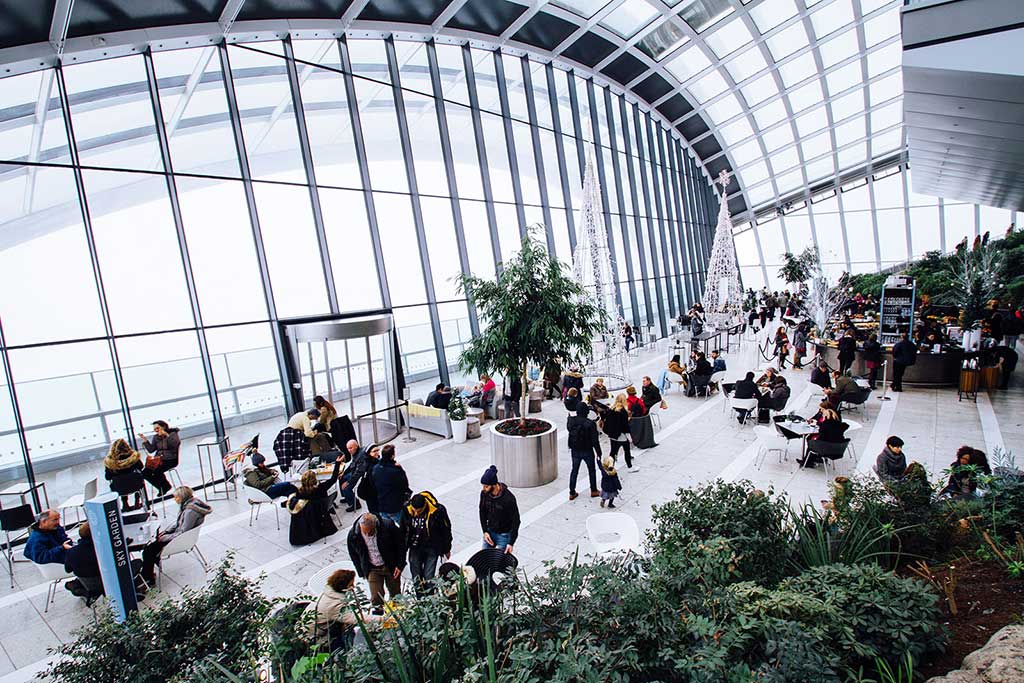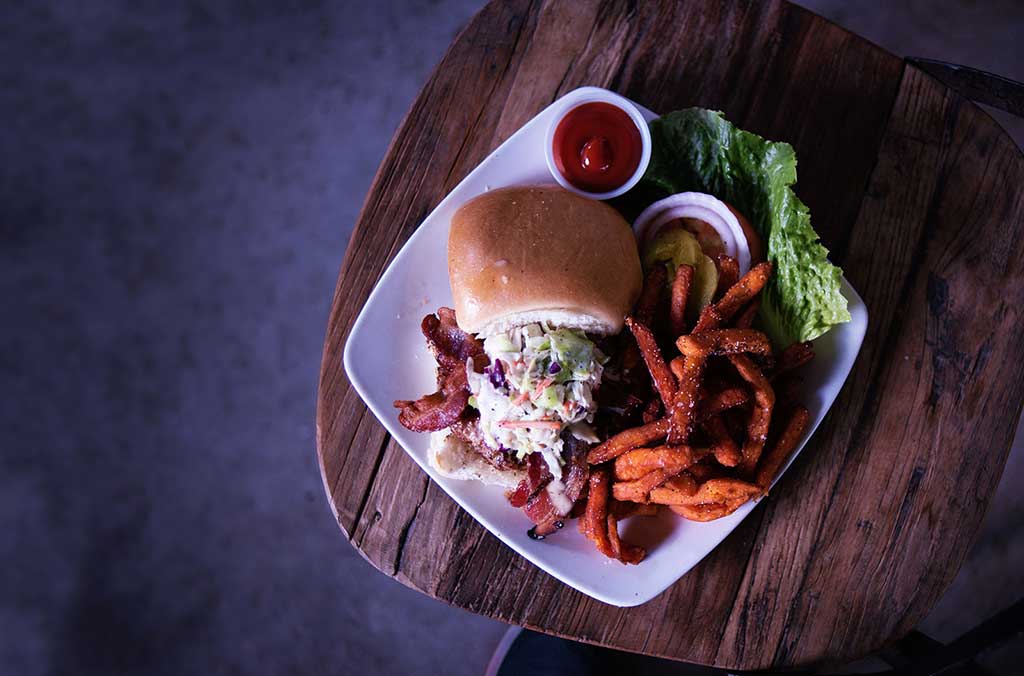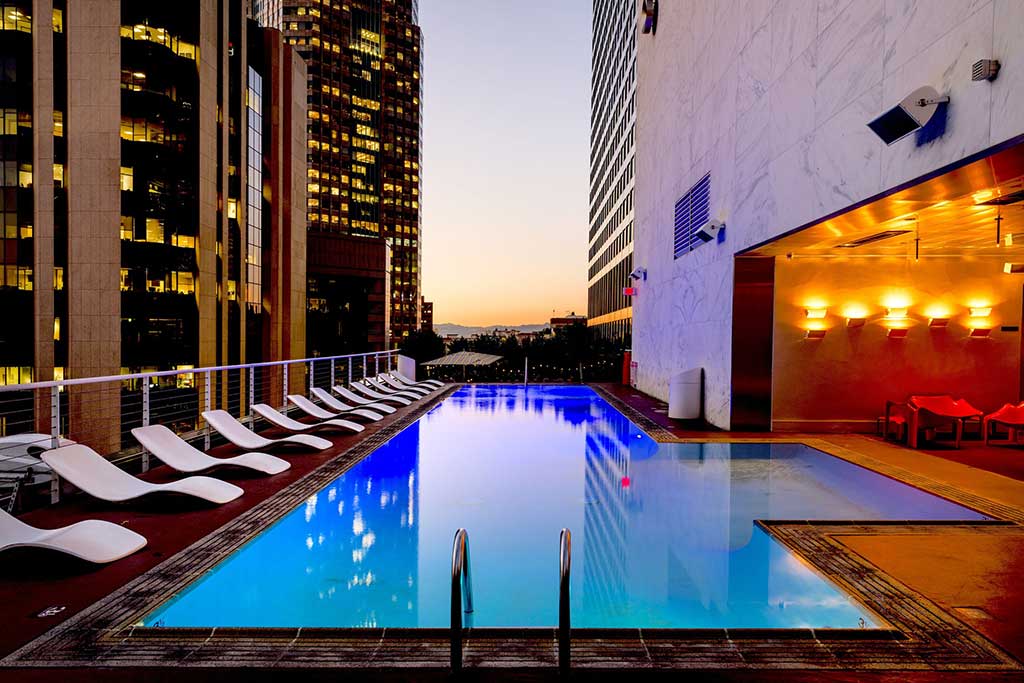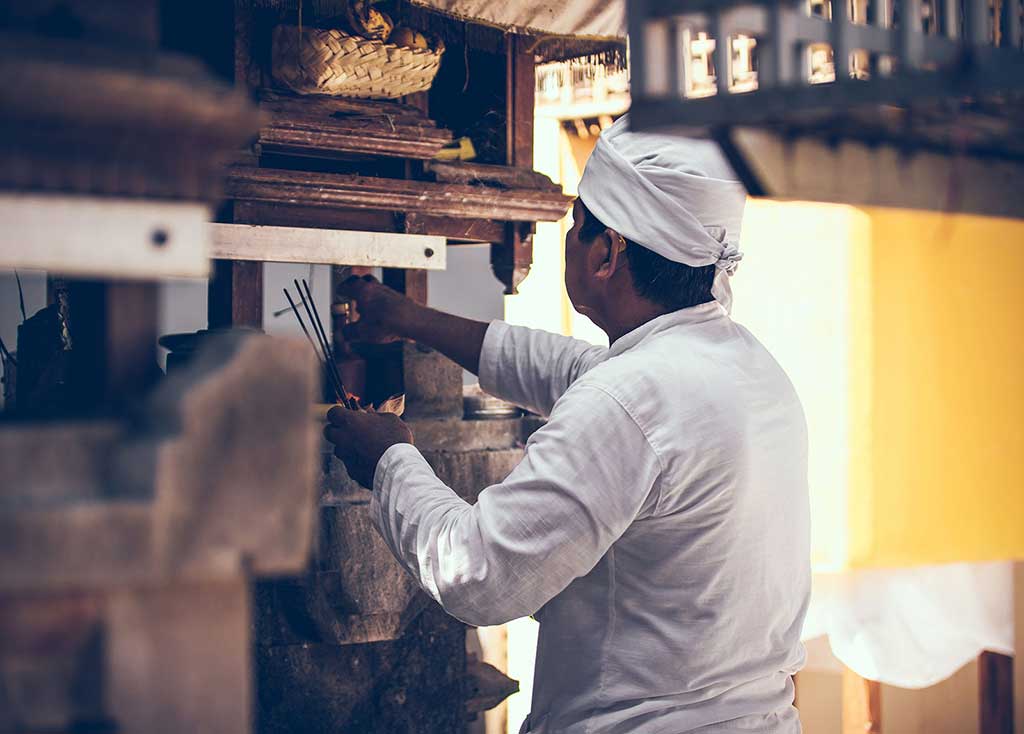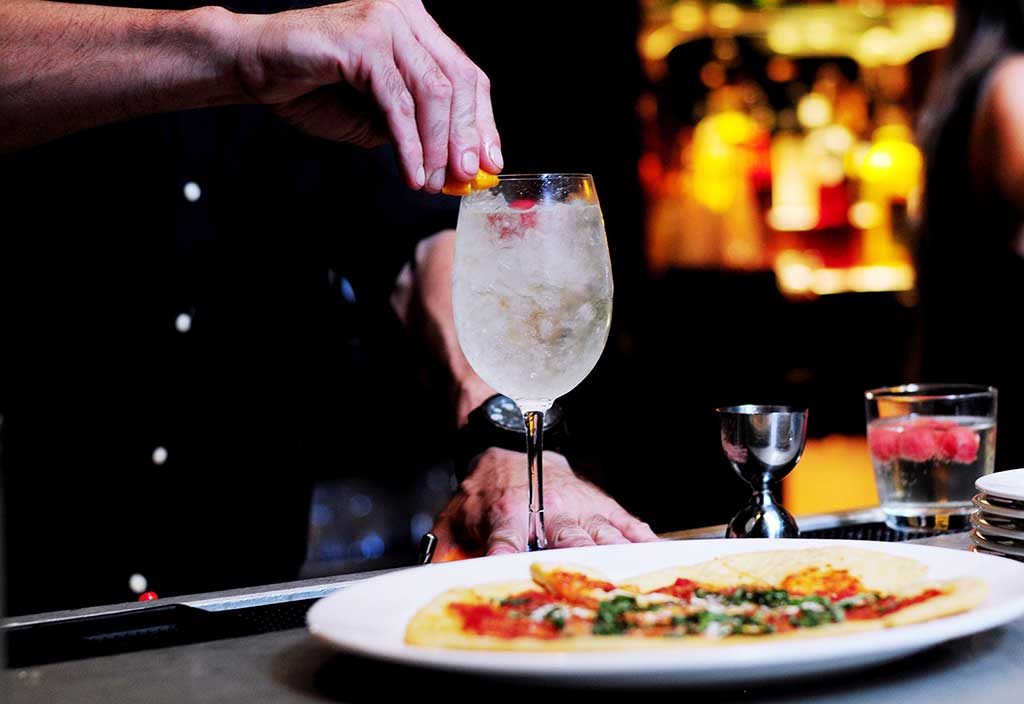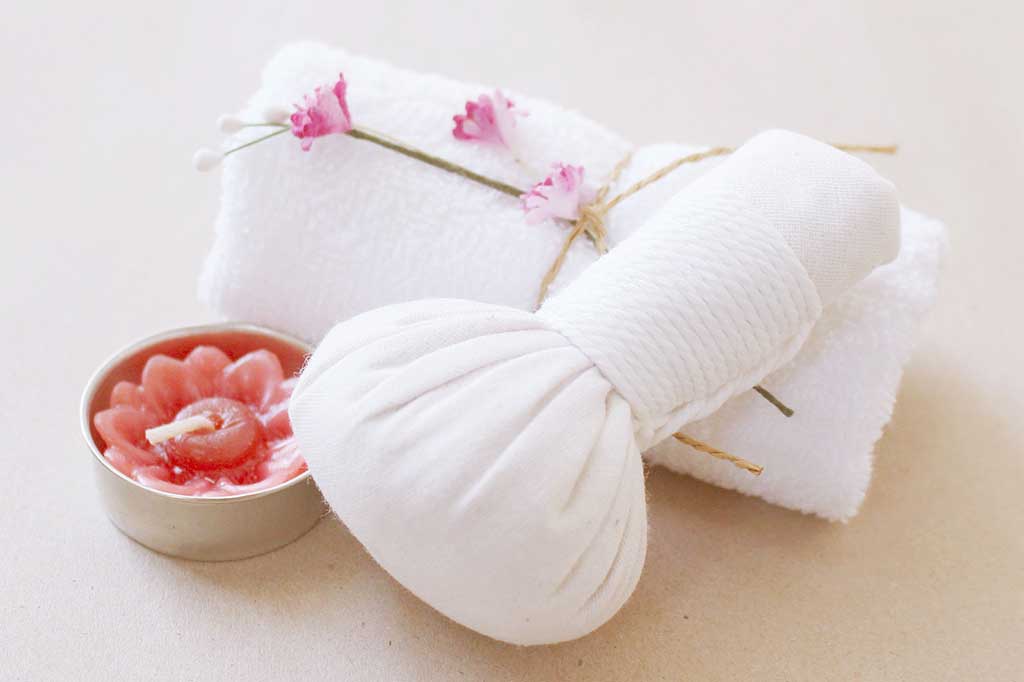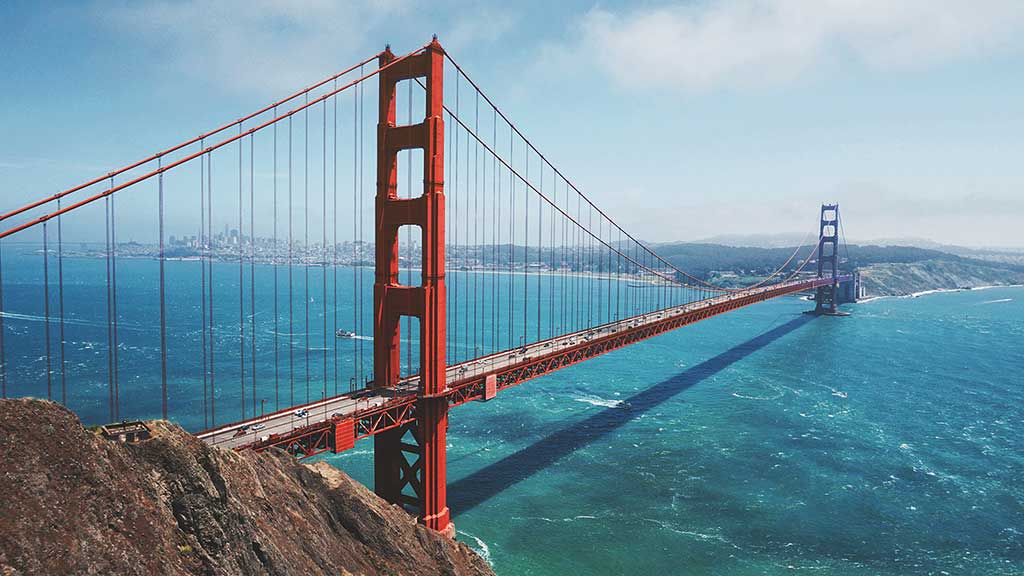Flavours of Oman
Oman offers an eclectic range of dining opportunities that range from international fine dining to simple street stall snacks that encompass the range of nationalities and influences found in the country. International hotels such as Hyatt, Inter-Continental, Chedi, Al Bustan Palace, Shangri-La Barr Al Jissah Resort & Spa, Crowne Plaza, Radisson SAS, Sheraton and Howard Johnson ensure that visitors can enjoy not only the cuisine more commonly found in Western cities, but also the chance to sample the delicious Arabic dishes that no visit to Oman should exclude.
All major hotels arrange culinary theme nights in addition to their standard menus that might feature for example French, Italian, German, Thai, or Mexican cuisine, often prepared by chefs native to those countries. Naturally, Arabic food in all its variations is well catered for and allows the diner the opportunity of taking a gastronomic tour throughout the Middle East and North Africa, sampling dishes from countries as varied as Morocco, Lebanon and Iran.
True to the country’s marine heritage, seafood plays a prominent part in much of the local cuisine and visitors can savour excellent crab, hammour, prawns, tuna and lobster quite literally caught that day. Many restaurants run ‘Seafood Night‘ buffets, whereby diners select their seafood raw and decide how they want it cooked -paying for the meal by the weight of seafood selected or as part of an all-inclusive price. The pleasure of such evenings is heightened by the chance to tryout different and unusual seafood in an enjoyable and economic fashion.
To enjoy a genuine Omani feast, many hotels host traditional Arabian banquets, normally held during the winter months when evening temperatures make alfresco dining a pleasure. A traditional Bedouin tent is erected outdoors under the stars and furnished with cushions and low tables upon which Arabic delicacies are spread.
Guests can experience such Omani dishes as ruz at mudhroub, local cooked rice and fried fish, and mishkak, skewered meat grilled on charcoal. Soups are very popular in Omani cuisine and include vegetable, Iamb, chicken and lentil, while salads are widespread and centre around tuna, smoked aubergine and watercress. For dessert, Omani halwa, or sweetmeat is a traditional favourite although the huge range of Arabic desserts cannot be missed. Popular with large groups of guests, the traditional banquet allows for a social and culturally entertaining evening, often with the accompaniment of live music and belly dancing.
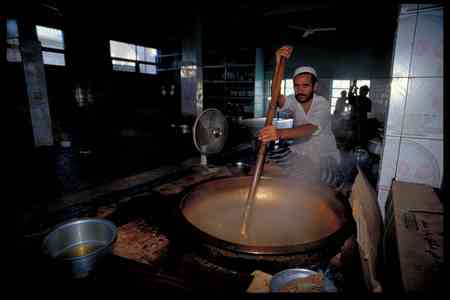
The proximity of Oman to India and the number of Indian traders and expatriates present in the country has brought over an exotic flavour to the local cuisine. Primarily from the Indian province of Kerala, the combination of Arabic and Indian foods is something that can be enjoyed in hotels and at small eateries throughout the country, although with a distinctive Omani flavour. The liberal usage of spices and herbs in Omani food differs from its Asian influences by not being hot, and is distinctive from the local food of other Gulf States, and even varies among the country’s different regions.
Alcohol is served under license in the major hotels which are the home of various popular European-style pubs that offer all well-known labels and brands, and regularly provide theme nights, pub quizzes, sports nights and promotions that provide the opportunity to meet with guests and expatriates in a relaxed and informal setting. Live entertainment is a regular fixture, usually in the guise of bands playing popular hits as well as the occasional karaoke evening. International artists feature occasionally and open-air concerts provide a welcome cosmopolitan flavour to the warm evenings.
Popular with groups are the many barbecues that take place at most hotel poolsides throughout the winter, and offer the perfect ending to a day either lazing in the water or exploring the country, without any of the formality of fine dining. For something instantly recognisable, Oman is also home to many of the more familiar international chains of fast food outlets, including Pizza Hut, McDonalds, Chili’s, and Burger King.
Coffee shops are abundant, although visitors might find the traditional brew somewhat stronger than what they are used to. Arabic coffee is served in small cups as a thick, dark and potent blend, traditionally served with a glass of water. Sometimes flavoured with cardamom (popular in Oman), coffee normally is a precursor to any Arabic social event. For those who might want a more European version of coffee, all hotels and restaurants offer the so-called American coffee (filter coffee), as well as cappuccino and espresso. The coffee chain Starbucks has recently opened its doors in the country and adds to an already diverse culinary scene. Of course, Arabic mint tea is a delicious alternative and offered in all restaurants and outlets.

